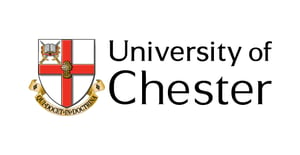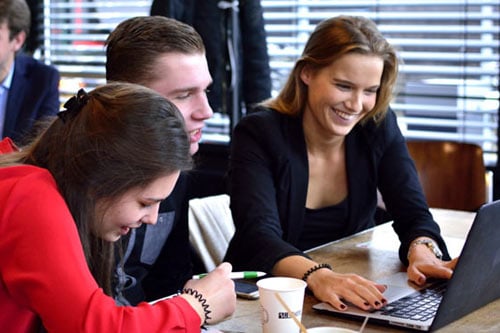"We did some research with employers and the feedback was that they weren't getting graduates with good skills in working with others. This informed our experiential learning strategy and is core to how and why we're rolling out the simulation to a much wider cohort and number of courses: to equip students with the right skills for future graduate employment." Shauna Jones
On Thursday, March 21, we held a webinar together with guest speakers Shauna Jones from Simon Fraser University and Renata Schaefer from Sonoma State University. Hosted by Edumundo's own, Leon Lloyd, we discussed innovative approaches to develop students' competencies in both US and Canadian Higher Education settings.
In this blog article, we provide a recap of the key highlights and insights discussed during the webinar including examples of participants' questions at the end.
Using Business Simulations on Sonoma's MBA program - Renata Schaefer
“What I liked most about the phone venture simulation experience was the ability to put what we have learned in our MBA into practice. I enjoyed the thrill of making business decisions and seeing the consequences.” MBA Student at Sonoma State University
The webinar began with an introduction to Renata's MBA program and how she uses the Phone Ventures Business Simulation on the elective course: International Business. Renata explained:
"There are two main objectives for this course: the first is to increase awareness and knowledge of international business and the second is to analyse and examine opportunities and challenges when they start to operate internationally. This is where Phone Ventures plays a key part."
With 30 students on the elective, Renata sets up teams of 2 or 3 students who initially take-part in two practice rounds, before commencing seven competitive rounds.
"Students can really dive-in to it [after the practice rounds]. They are graded on their team's performance during each of the rounds which adds to the competitive element. We also went with seven rounds, so slightly more than usual, this is because each round opens up new countries for students to target or not to, so they get a real taste of international business and entry strategies to new markets."
Renata explained how the experience has improved student engagement and has received very positive feedback from her group of students.
"The strengths of the simulation are that they start students off from scratch so they can put into practice theoretical concepts they learned in the program across all different business disciplines...many business programs have interdisciplinary approaches so the simulation combines different aspects such as sustainability, brand awareness, reputation that bring these themes all together."
Business 202 - Business Simulations at Beedie Business School - Shauna Jones
"The simulations have really worked for us in the skills that we wanted students to develop and I'm really excited for the future where we're expanding our use of simulations on our program." Shauna Jones
After Renata's introduction and overview of her elective course, we then heard from Shauna on her undergraduate level course: Business 202 - Foundations for a Collaborative Work Environments. Here, many of the students enrol on the course from outside of the school, including external universities, different faculties, as well as international institutions.
"It's a very interesting demographic as students have any where from 30 credits to 90 credits or sometimes a bit more than that. One of the challenges is to keep every student engaged when some haven't been in university long and some have, and some have work experience some do not, as well as engaging international students who make up around 50% of the demographic."
Shauna uses ProSim Classic, where students form a team of around 3 or 4 in number with each student responsible for a particular region of their multi-national company rather than a particular operating function, such as HR, Finance, Marketing.
"We always had it designed that smaller teams had to work together in a bigger company group.
The reason for that is that in organisations staff have to often work in small teams but they have to work and communicate with other teams in the organisation, so it creates a realistic challenge for our students."
On this course, there are opportunities for reflection with Shauna and her Teaching Assistants (TAs) who provide a coaching role for students during the simulation exercise.
"When they're working in their business units, they often get to a point where they set roles for one another. We talk about how teams are managed but we're there as coaches for them, not Instructors."
"The simulations have really worked for us in the skills that we wanted students to develop and I'm really excited for the future where we're expanding our use of simulations on our program."
What Competencies/Skills are developed in the simulation exercise?
“I feel that getting out of your comfort zone and developing social relations with those around you was the most important thing I learned. I entered this class assuming I could complete group assignments on my own, as I have done in previous courses. However, I realized that this was not possible as I was not a part of a group; I was part of a team.” Undergraduate Student at Beedie Business School, Simon Fraser University
From our previous webinars, guest speakers talk about the importance of students being able to:
- Put theory into practice and apply knowledge they've studied
- Develop and utilise core soft skills and competencies
The same rings true for Shauna and Renata with a particular focus on the latter point. Indeed for Shauna, it's the primary focus of her course:
"Most of the students have completed business-related courses so we are focused on teaching them about collaboration skills while they're collaborating. The simulation is the venue in which they're developing these skills. The students like using the simulation as a way to develop as a team and as a reminder of the business fundamentals that they're going to be using in other courses. From feedback, they feel a sense of belonging and understanding their own personal traits."
"Students get almost like a 'live skills audit' early on in their university experience. They're learning as they go [in the simulation], where their strengths are and what traits they have. They can then focus on improving these throughout the rest of the program." Leon Lloyd
Renata also saw a variety of skills opportunities for students to learn during the simulation exercise, as well as a marketing feature within the simulation where students take part in a creative exercise to design one of their company's adverts and write a press release to gain extra points.
"All students emphasise team-working, communication, independent thinking, influencing, and evaluating skills. An interesting feature I have not seen in other simulations, is the marketing feature where students can upload their own marketing campaign and press release and this was something they truly get involved in. They create some really innovative slogans and messages!"
Click the button below for page 2 where we discuss the importance of experiential learning when teaching a new, younger generation of students, and the importance of develop their own professional profiles.
Did you miss the webinar? Don't worry...
View the recording or check out our recap video

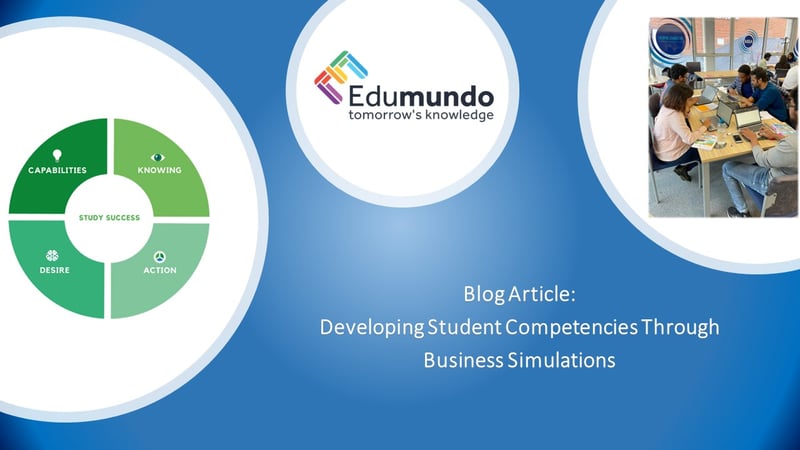

.png?length=300&name=unnamed%20(11).png)
.png?length=300&name=unnamed%20(7).png)
.png?length=300&name=unnamed%20(8).png)
.png?length=300&name=unnamed%20(6).png)

.png?length=300&name=unnamed%20(10).png)
.png?length=300&name=unnamed%20(5).png)
.png?length=300&name=unnamed%20(9).png)
.png?length=300&name=unnamed%20(4).png)
.png?length=300&name=unnamed%20(2).png)
.png?length=300&name=unnamed%20(1).png)
.png?length=300&name=unnamed%20(3).png)
.jpg?length=300&name=unnamed%20(2).jpg)
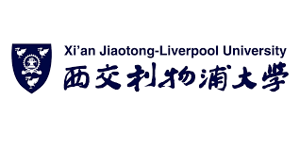
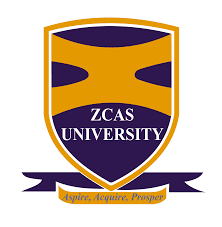
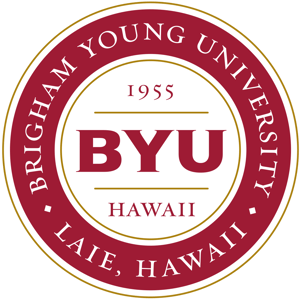

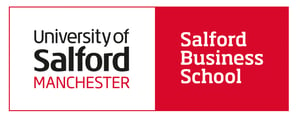
.png?length=300&name=loughborough-university-logo%20(small).png)

